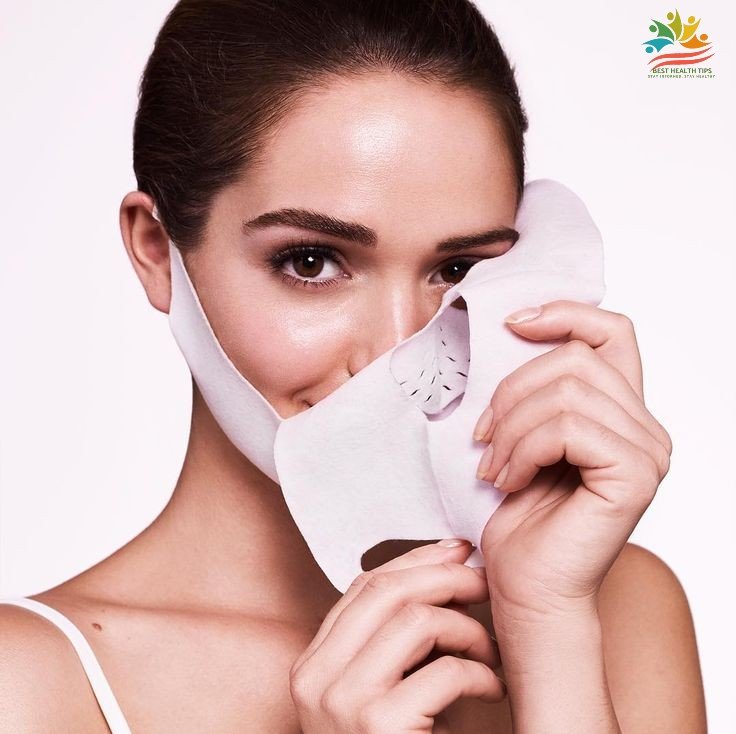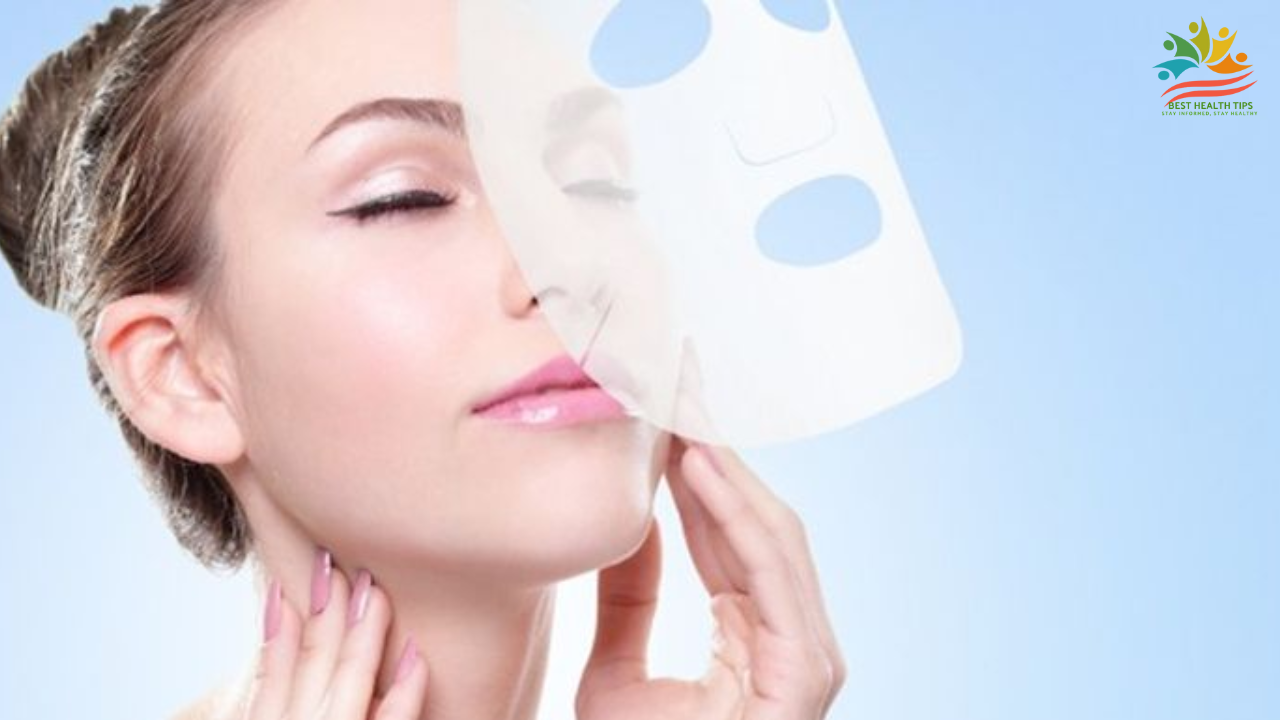Introduction
Face masks skincare para q sirve a part of their skincare routine, and research has come out saying they really do help to fight against all of these issues except being a complete blast in a spa from your own home. Hydrate, detoxify, brighten, or soothe your acne all this can be done through the help of a face mask. Continue reading to know what face masks are, the benefit of using it, and picking an appropriate face masks skincare para q sirve for the skin type.
What Are Face Masks?

face masks skincare para q sirve are like superhero treatments for the skin. They are concentrated solutions meant to deliver intense, targeted care in just a few minutes. Imagine it as express spa treatments done right at home.
Types of Face Masks
Clay masks are available in all shapes, skin types, and clay formulations from simple sheet masks and soothing gel formulations to rich cream blends. Each category of masks is unique and serves different purposes, targeting various aspects of the skin. Here are the most widely used types of face masks skincare para q sirve and where to use them:
1. Sheet Masks
Presoaked with serums, sheet masks have made application and wear easy, but hydrating and brightening is amazing.
2. Clay or Mud Masks
These detoxify your skin as they remove excess oils by drawing impurities in pores. These work fantastic for oily and mixed skin also.
3. Gel Masks
Gel masks are so light and cool; hence, they do very well on sensitive or dry skins.
4. Peel Off Masks
Peel off masks will clear dead skin cells and debris. Thus, these are ideal masks to achieve smooth skin.
5. Overnight Masks
Overnight masks are to be worn at night when sleeping. It hydrates the skin overnight and continues feeding for many hours on it.
Applying Face Masks
1. Clean the face of makeup
2. Apply the mask in an even layer, avoiding the eyes and lips.
3. Leave it on for a period as recommended for masks of that nature, usually 1020 minutes.
4. Wash with warm water or if this type of mask is to be peeled off.
5. Moisturize as the last finishing touch for the absorption of benefits.
Special Purpose of Face Masks
How to Choose Wisely a face masks skincare para q sirve Consider your type of skin and problems when using the face mask for optimum benefit: Dry skin: Hydrating masks, which might contain ingredients such as aloe vera or honey. Oily skin: Clay or charcoal masks to control excessive oil production. Sensitive skin: Soothing agents like oatmeal or green tea.
Acne Prone Skin:
Salicylic acid or tea tree oil masks will prevent breakouts.
Dull Skin:
Vitamin C or fruit extract brightening masks will brighten up your glow.
Hydration and Moisture
Imagine this: your skin as a thirsty traveler in the desert masks are the ultimate water station. Hydrating masks pack a punch of moisture, turning dry, dull skin into a landscape of health.
Deep Cleansing
While daily cleansers are a skimming process, face masks are a dive. They remove impurities, open pores, and reset your skin’s balance like a comprehensive system reboot.
Anti Aging Solutions
Who says time is unbeatable? Antiaging masks are like time machines for your skin, fighting wrinkles, improving elasticity, and turning back the clock with strong ingredients.
Targeted Skin Concerns
Acne Treatment
Breakouts meet their match with specialized masks containing ingredients like salicylic acid and clay. They’re not just treating pimples; they’re declaring war on acne.
Brightening and Even Skin Tone
Uneven skin tone is like background noise; masks with vitamin C and botanical extracts create a smooth, harmonious complexion that sings with radiance.
Professional Vs. AtHome Treatments
Clinical Mask Treatments
Professional face masks skincare para q sirve are not just about superficial treatment. They use advanced technologies and professional grade ingredients to ensure transformative results.
DIY Mask Techniques
Not everyone can visit salons. There is a DIY mask using ingredients available in the kitchen that prove skincare doesn’t always call for a big investment.
Application Techniques
The right way to apply a mask can be an art. Skin preparation, circular movements and time make all the difference between good and great.
High Tech Mask Solutions
Innovation in Ingredients
Advanced masks are not just about what is in them, but more about smart, targeted delivery systems that maximize absorption and efficacy.
Smart Application of Masks
Next generation technologies like microcurrent masks and AI recommended formulation are revolutionizing personal care.
Masks of the Future of Skincare
Expect masks that have learned to adapt to real time needs of your skin, integrated with wearable technology and personalized skincare algorithms.
FAQs
1. Does the face mask replace my typical skincare routine?
No, they are additional treatment and cannot take the place of your regular care. They give the targeted effects but always must be used with a daily cleansing, moisturizing, and sunscreen.
2.Are expensive masks always better?
Not really. Face masks are actually effective and good for use depending on their ingredients and which one works well with your type of skin, not how much the mask cost. Cheap alternatives can perform just as efficiently as costlier ones
3.Choose the best face mask suitable for your type of skin
Select a mask according to your skin type: clay for oily, hydrating for dry, soothing for sensitive, and multi-masking for combination skin. Always check the ingredients and patch test before application.
4.Do face masks cause breakouts?
Face masks can cause breakouts if they clog pores, irritate your skin, or contain unsuitable ingredients. Be sure to choose non-comedogenic masks and thoroughly clean your skin before use.
| Era/Period | Key Developments in Face Masks Skincare |
|---|---|
| Ancient Egypt | Cleopatra used natural ingredients like clay and milk for skin treatments. |
| Ancient China | Women used pearl powder and herbal mixtures to brighten and smooth skin. |
| Roman Empire | Roman baths incorporated clay and mud masks for cleansing and healing. |
| Medieval Period | Herbal pastes and honey were used for skin nourishment. |
| 18th-19th Century | Homemade masks using eggs, cream, and oatmeal gained popularity. |
| 20th Century | Commercially produced masks emerged, focusing on hydration and anti-aging. |
| 21st Century | Advanced formulas include sheet masks, peel-offs, and multi-masking trends. |
Conclusion
Face masks are not just skincare; they are a ritual of selfcare, a moment of personal transformation in our busy lives. A third face mask in your skincare routine may lead to hydrating and brightening up of your skin and much more benefit noticed on the face. A face mask will be used 13 times a week for better follow up care of your skincare.
Read more about skincare and other categories at Best Health Tipss.


